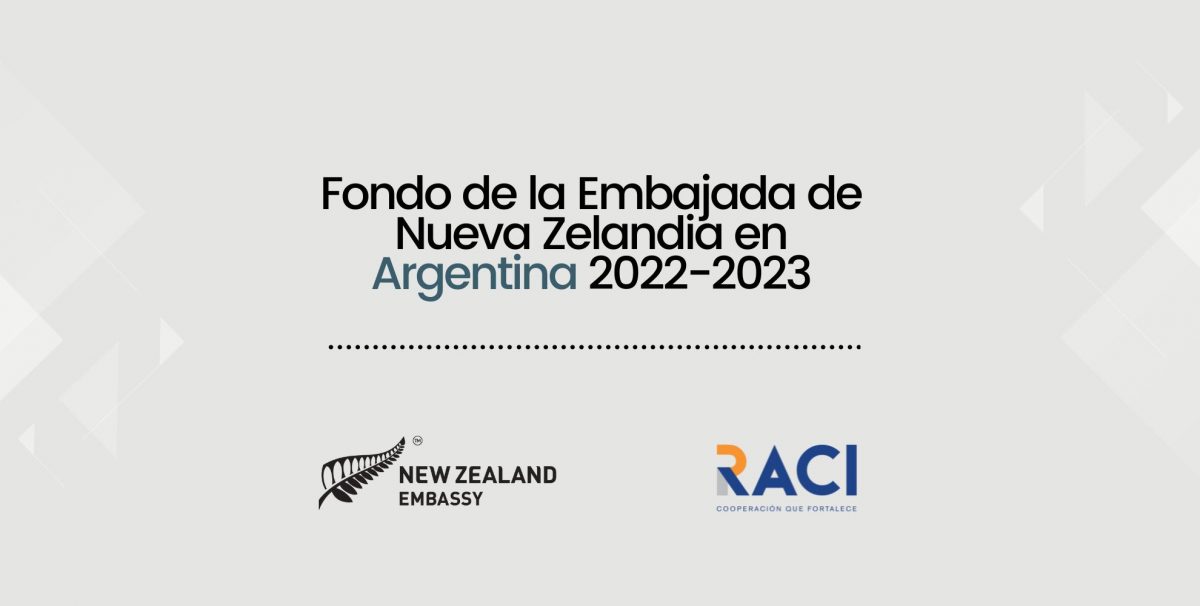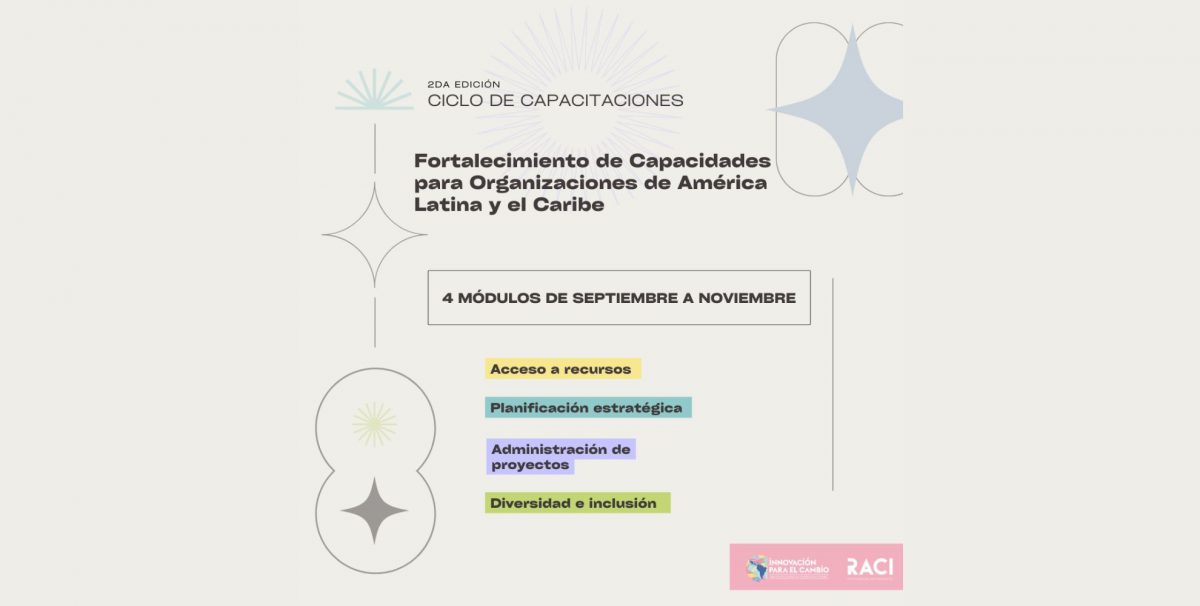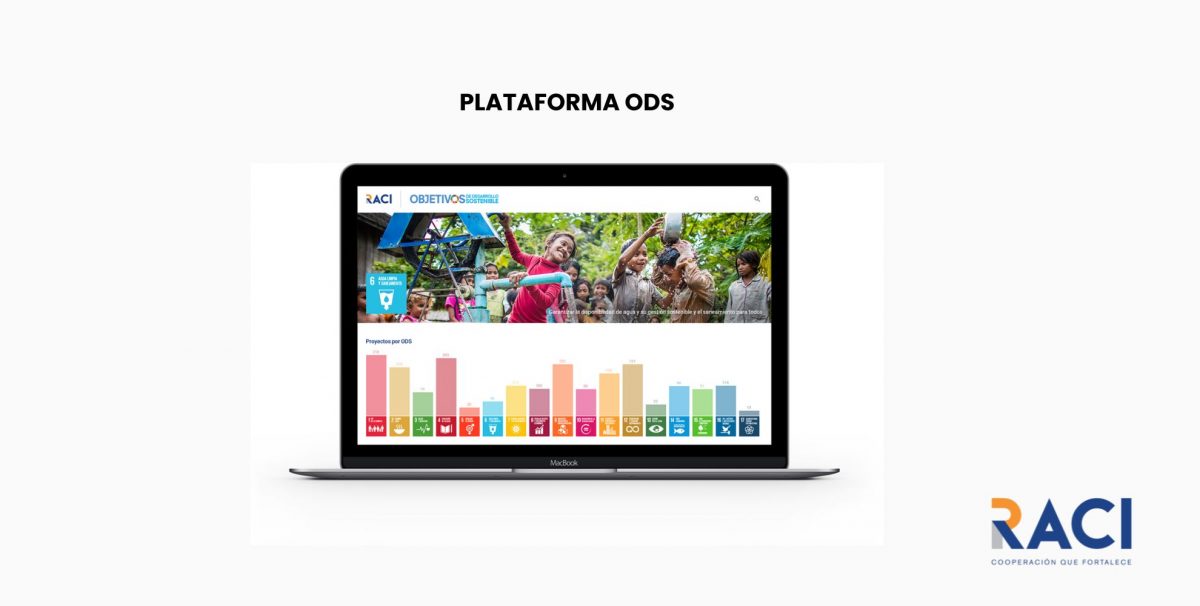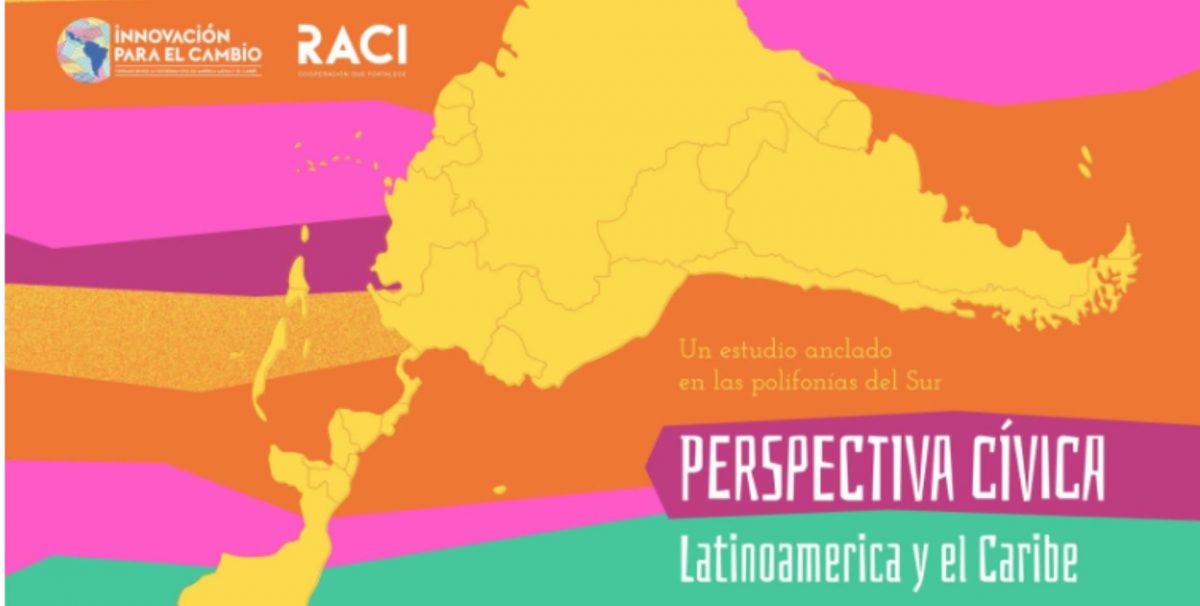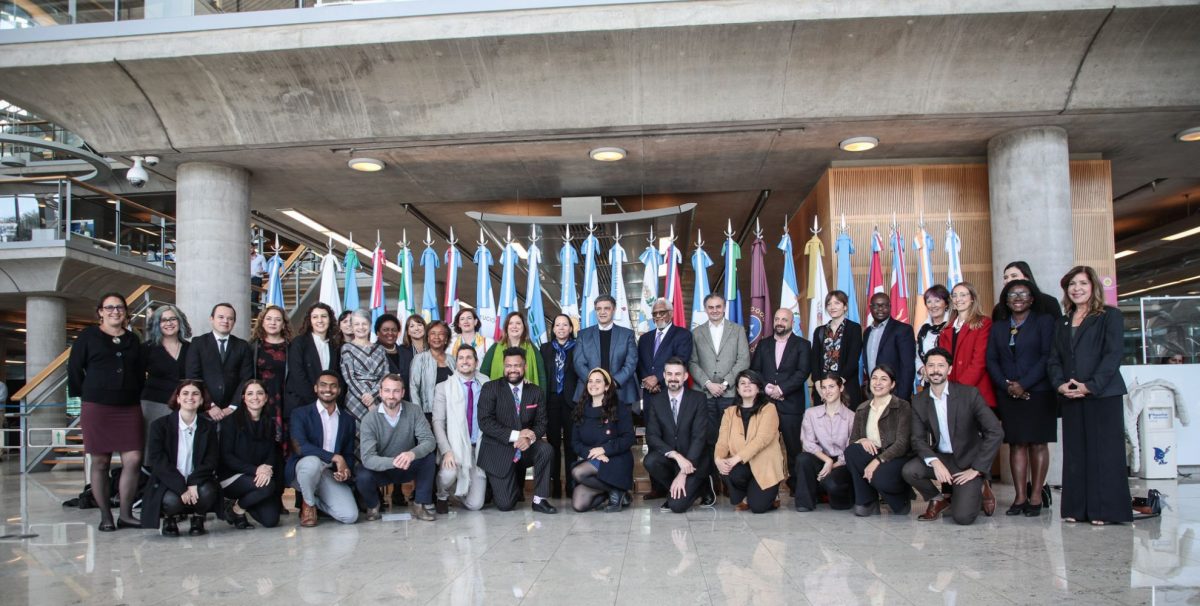Charities Aid Foundation (CAF) conducted a report on the global giving landscape, showing the impact of certain factors on human behavior, and aims to measure generosity as expressed through three human behaviors: donating, helping a stranger and volunteering. The index is one of the largest donation surveys ever conducted, with almost 2 million people interviewed since 2009, and here are some of the results of this analysis.
First, according to the research, more people donated money to charity and helped a stranger last year than in any year in the previous decade. Worldwide, 3 billion people helped someone they did not know last year, an increase of about half a billion compared to before the pandemic, and about 200 million more people donated money to charities worldwide, with donations increasing by 10% in high-income economies.
This year, the report includes data from 119 countries, representing more than 90% of the world’s adult population. People around the world are asked three questions: Have they helped a stranger, given money or volunteered for a good cause in the past month? Produced by CAF, World Giving will be launched during the 77th session of the United Nations General Assembly, at an event in New York to discuss the role of the private sector in achieving the UN Sustainable Development Goals.
“For the fifth consecutive year, the most generous country in the world is Indonesia, followed by Kenya in second place. Many high-income countries returned to the top 10, having seen a sharp decline in volunteering and donations since 2018, which accelerated during the pandemic. In addition to the United States in third place, Australia (4th), New Zealand (5th), and Canada (8th) join the world’s most generous countries. The United Kingdom ranks 17th overall, up from 22nd in 2020, largely because many lower-income countries also increase their scores and move up in the Index. Ukraine ranks 10th in the Index, rising from 20th in the previous year, and is the only European country to rank in the top 10. The high score for data collected before the 2022 conflict reflects the new ways of engaging with charity that emerged in Ukraine, along with the rising standard of living and the need that was created by the pandemic” (CAF, 2022).
Do you know what Argentina’s ranking was?
It ranked 21st globally, 12th in helping a stranger, 56th in donating and 24th in volunteering. Generally speaking, countries are more involved and predisposed to help.
We celebrate all forms of help and encourage it to grow even more!


